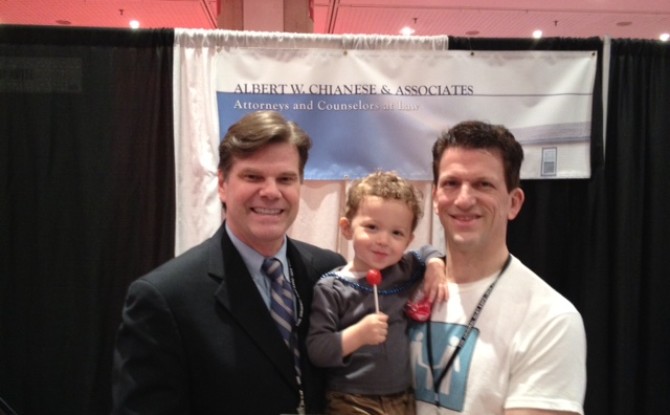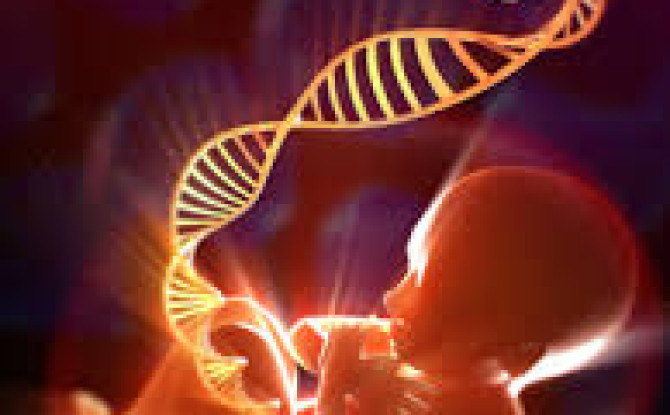04.28.2009 4:19pm EDT
(Augusta, Maine) The state Senate Judiciary Committee voted 14-11 Tuesday to bring the equal marriage bill before the full Senate.
Moments before the vote was taken, a woman was removed from the room by State Police after shouting that the bill was immoral. Meanwhile, same-sex marriage advocates delivered more than 10,000 postcards to Gov. John Baldacci asking him to support the legislation. Baldacci has said he has not made up his mind on gay marriage.
EqualityMaine and the Center for the Prevention of Hate Violence called on the governor to endorse the bill and sign it if it passes the legislature. The groups also sent lawmakers copy of a book they prepared that includes interviews with 82 people who tell about the impact on their families of not having a gay marriage law.
The legislation would repeal Maine’s 12-year-old Defense of Marriage law which bars same-sex marriage. It also states that churches cannot be compelled to conduct same-sex weddings if they would be contrary to their doctrine.
Maine’s tourism industry has said legalizing same-sex marriage in the state could save them from disaster as the state’s economy continues to turn sour.
Industry spokespeople pointed to a recent study by the Williams Institute, a think tank at the University of California – Los Angeles that found extending marriage to same-sex couples would boost Maine’s economy by $60 million over three years, which would generate increases in state and local government tax and fee revenues by almost $3.6 million.
The conservative Maine Marriage Alliance has said that if same-sex marriage appears to be on a track to legalization, it would press for a constitutional amendment to ban same-sex marriage.
A vote in the Senate could come as early as next week.
In New Hampshire, a vote on a similar bill is set for an initial vote Wednesday in the state Senate.
Same-sex marriage already is legal in three other New England states – Massachusetts, Connecticut and Vermont.
(Tallahassee, Florida) The Florida Supreme Court on Wednesday heard oral arguments as to whether a committee of the Florida Bar Association can present arguments challenging the state’s ban on gays adopting children.
Florida law allows gays to serve as foster parents but not adopt. The law is considered the most repressive of its kind in the country. But a Miami judge ruled in November that there is “no rational basis” for prohibiting gays from adopting children.
The Florida Department of Children & Families and the state attorney general’s office , backed by Gov. Charlie Crist (R), appealed the gay-friendly ruling to the Third District Court of Appeal in Miami.
In January, the Florida Bar’s Board of Governors voted to allow its Family Law Section to file “a friend of the court” brief in support of the gay-friendly lower court ruling. But a conservative group of attorneys challenged the right of the board to intervene in the case. The lawyers are represented by Liberty Counsel, which regularly fights LGBT issues across the country.
The Bar Association, on the other hand, argues that the board should be allowed to present its arguments, saying that the board is a voluntary section of the Bar and does not necessarily represent the full membership of the Association.
The issue of whether the ban on gay adoptions is constitutional will likely ultimately end up before the Supreme Court as well.
Until then, the lower court ruling permitting gay adoption will apply only to the case that was before it at the time, which involved Martin Gill of Miami who sought to adopt two young brothers he had cared for as foster children since 2004.
The boys had been placed with Gill temporarily after he was approached for help by a state child abuse investigator. When the three became attached, so Gill sought to adopt the boys.
In November, Gill and lawyers from the American Civil Liberties Union in October asked Miami-Dade Circuit Judge Cindy Lederman to overturn the ban on gay adoption and award him permanent custody.
An attorney appointed by Lederman to represent the children said in a report to the court that the children refer to Gill and his partner as “dad” and that Gill should be granted the adoption.
The Florida Department of Children & Families and the state attorney general’s office argued the ban should be maintained. The position had the support of Gov. Charlie Crist (R) who said he has no plans to have the law repealed.
The Florida legislature adopted the law banning gay adoption during Anita Bryant’s infamous anti-gay crusade in 1977. The bill’s sponsor in the state Senate told a local newspaper at the time that the law was intended to send this message to lesbians and gay men: “[We] are really tired of you. We wish you’d go back in the closet.”
In 2004, a federal appeals court upheld Florida’s ban on gay adoption. In a written ruling, the court rejected a challenge by four gay men to the law.
“We exercise great caution when asked to take sides in an ongoing public policy debate, such as the current one over the compatibility of homosexual conduct with the duties of adoptive parenthood,” wrote Judge Stanley Birch.
“The state of Florida has made the determination that it is not in the best interests of its displaced children to be adopted by individuals who ‘engage in current, voluntary homosexual activity’ and we have found nothing in the Constitution that forbids this policy judgment.”
The following year, the U.S. Supreme Court declined to hear an appeal. Attempts to repeal the law have failed several times in the Florida legislature.



